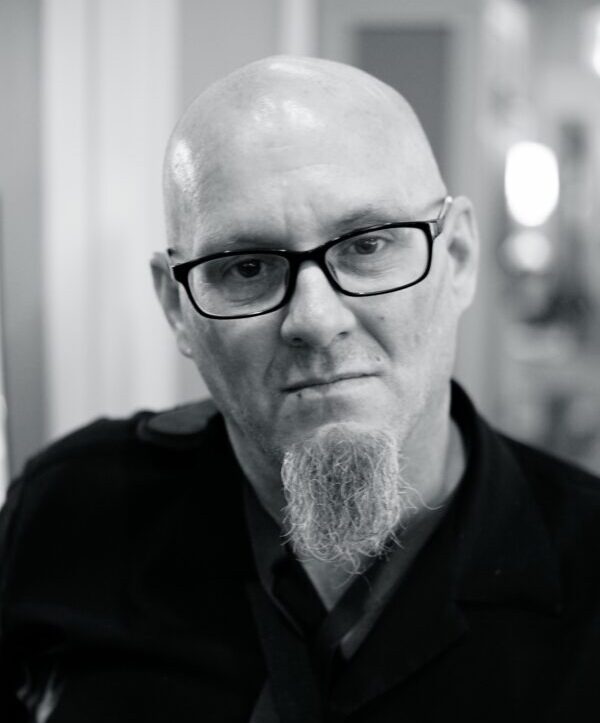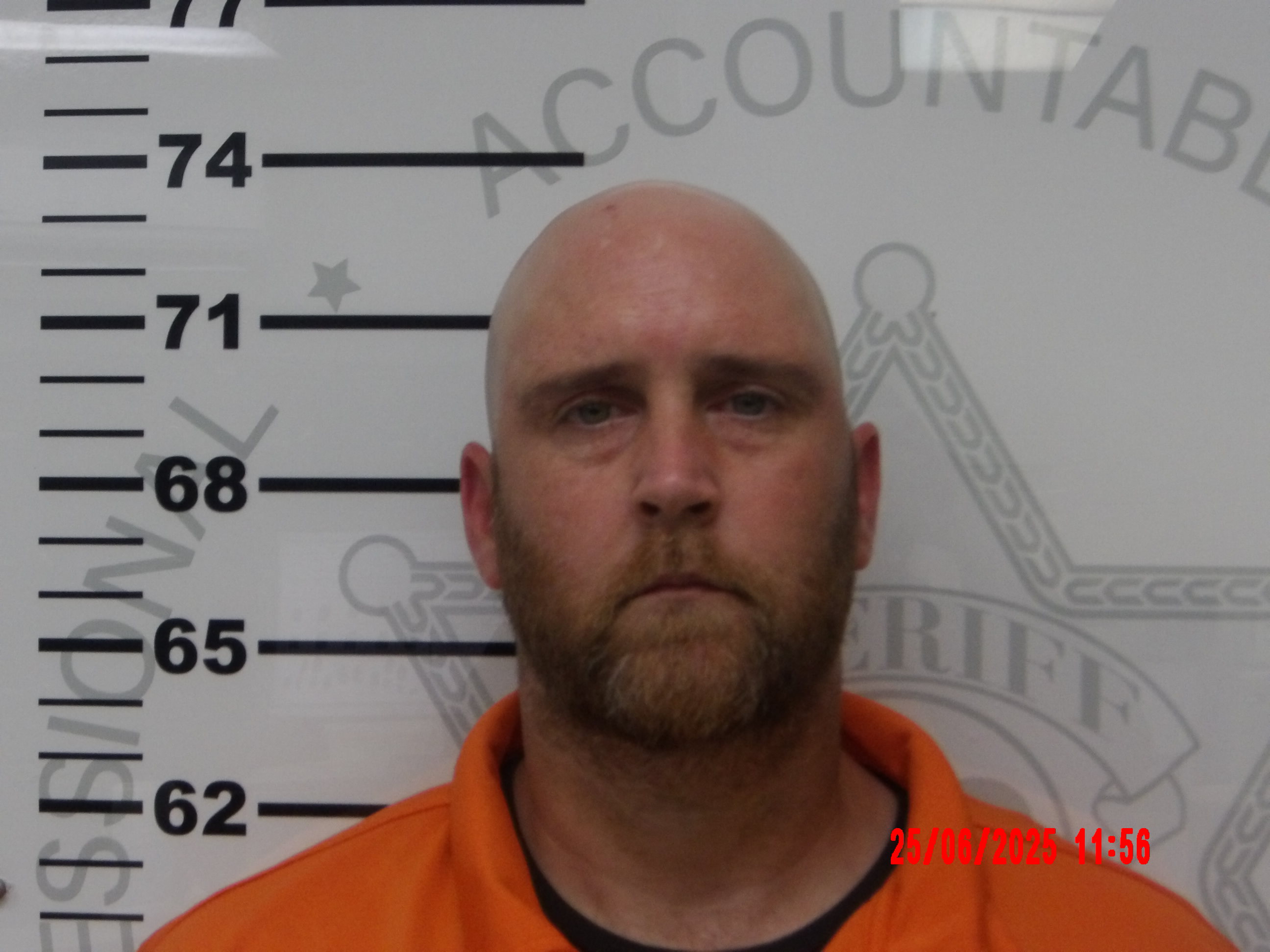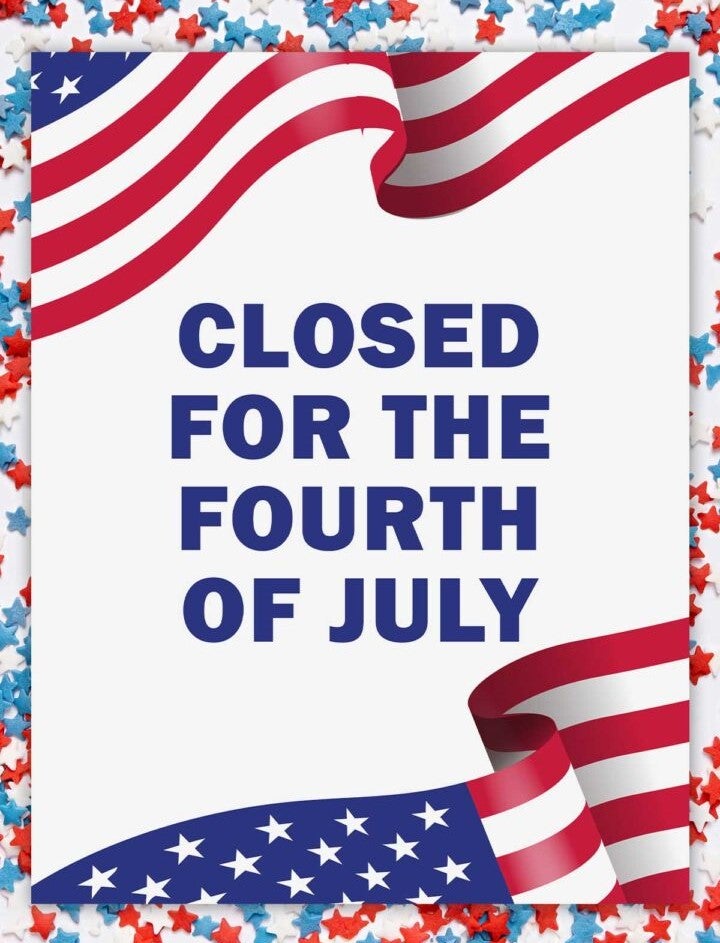Government ‘Of the People?’ Which people?
Published 1:44 pm Wednesday, June 21, 2023
By Thomas L. Knapp
Columnist
It’s flattering when readers respond to my columns with their own thoughts, agree with me or not. To those who have done so, or will do so in the future, thank you. I really do mean that. I read and enjoy what you have to say, even when I don’t publicly respond.
Back in April, Jeff Justis of Oxford, Mississippi, wrote to the Oxford Eagle, taking issue with my opposition to state-funded media like NPR and PBS. I’ve singled out his letter for a public response, because he correctly points out my overall position and raises arguments I find worthy of engagement.
I apparently associate, Mr. Justis observes, “with a group of Americans that distrusts anything associated with or funded by the government.” Mr. Justis has me dead to rights, although the “group” he alludes to is not necessarily a formal
organization of people who agree on everything, or even most things.
Why should I be more trusting of government? “Government is, after all,” Mr. Justis writes, “Of the People and should not be considered an adversary.” His solution to the problem of bad government is “to elect representatives who reflect the principles expressed in our Constitution.”
I disagree with the claim that the US government is “Of the People.”
The US Constitution was ratified 235 years ago, by a tiny fraction of one percent of the people living in the United States (which itself was about one percent of the current population). And even at its adoption, that Constitution denied the vote to, among others, women and the enslaved.
As Thomas Jefferson wrote to James Madison in 1789, “no society can make a perpetual constitution, or even a perpetual law. The earth belongs always to the living generation. … Every constitution then, and every law, naturally expires at the end of 19 years. If it be enforced longer, it is an act of force, and not of right.”
Nineteen years was how long Jefferson calculated, given life expectancy at the time, it would take half of the adults who ratified a constitution to have died.
Even assuming a “majority rule” principle, which I find unjustifiable, very few politicians are elected by majorities of their supposed constituents. The more usual number is 20-25%. Many people choose not to vote. Others aren’t allowed to. Still others vote for losing candidates. Why should any of those people be bound to laws passed by “representatives” they didn’t choose, just because a tiny, long-dead group so decreed centuries ago?
And I go farther than Jefferson in rejecting even “majority rule”: Anything less than unanimous consent of the governed makes government an act of force, and not of right.
And that force is deadly. According to the late Dr. Rudolph Rummel, “democide” — murder by government — was the leading cause of death in the 20th century, accounting for more than 200 million killings.
I don’t trust people who arrogate to themselves the power to run my life and credibly threaten to kill me should I disobey. Nor do I apologize for that distrust.
Thomas L. Knapp (Twitter: @thomaslknapp) is director and senior news analyst at the William Lloyd Garrison Center for Libertarian Advocacy Journalism.






